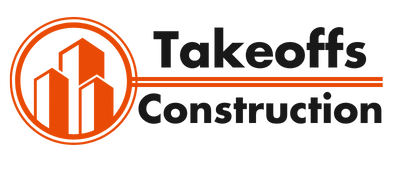Construction is an incredibly intricate process, involving a range of different techniques and materials. When it comes to commercial construction, the stakes are even higher. A single mistake during the planning or building process can result in major delays or even completely derail a project. With that being said, understanding potential mistakes and taking steps to avoid them is key for successful commercial construction projects.
With this in mind, Takeoffsconstruction compiled a list of common commercial construction mistakes you should seek to avoid to ensure your project runs as smoothly as possible.
7 Common Commercial Construction Mistakes and How to Avoid Them:
1. Not Having a Detailed Plan in Place:
Commercial construction projects can be complex undertakings that involve a significant investment of time, resources, and money. One of the most critical factors in ensuring the success of any commercial construction project is to have a clear and detailed plan in place.
Without a comprehensive plan, the project is likely to encounter a range of issues and setbacks that can profoundly impact the outcome. From project delays to cost overruns, not having a detailed plan in place can lead to a range of costly mistakes that can set your project back significantly.
2. Inaccurate Budgeting:
As with any major project, commercial construction requires detailed planning and accurate budgeting to ensure its success. However, inaccurate budgeting is a prevalent issue that can cause severe financial setbacks for a business. From incorrect assessments of project complexity to underestimating material and labor costs, numerous mistakes can lead to budget overruns.
Therefore, it’s critical to work with experienced professionals who understand the complexities of construction and can help you avoid these common, costly mistakes. Careful planning, accurate cost estimates, and regular progress monitoring are essential to staying within budget and completing your project on time and with quality results.
3. Ignoring Safety Standards and Guidelines:
When it comes to commercial construction, safety should always be a top priority. Ignoring safety standards and guidelines can lead to serious and even life threatening accidents. As a professional in the industry, it is important to prioritize this aspect of the job. Taking shortcuts or ignoring safety protocols to save time or money is not worth the risk.
By ensuring that safety standards and guidelines are followed, not only are you preventing accidents, but you are also protecting your workers, clients, and company reputation. Remember, when it comes to construction, safety should never be ignored.
4. Not Having a Contractor with Relevant Experience:
Constructing a commercial building is a complex task that requires precision and meticulous attention to detail. As such, it’s essential to hire a contractor with relevant experience in commercial construction to ensure the job is done correctly.
Not having an experienced contractor is one of the most significant commercial construction mistakes one can make. Without someone who understands the ins and outs of a commercial, you may end up with a project that doesn’t meet your expectations or fails to meet safety regulations.
So, when choosing a contractor for your commercial construction project, don’t merely settle for the most affordable option. Instead, take your time to find someone who has the relevant experience to get the job done correctly and to the highest standards.
5. Not Having Contingencies in Place:
It’s important to remember that unexpected events and issues can arise during commercial construction projects. Not having contingencies in place is a common mistake that can have serious repercussions.
To ensure the success of your project, it’s essential to have a plan for how you’ll respond to potential issues that arise along the way. From delays in supplier deliveries to unfavorable weather conditions, numerous factors can impact the timeline and progress of a project.
6. Poor Communication:
The success of commercial construction projects relies on effective communication between all involved parties. Poor communication can lead to miscommunication, misunderstandings, and errors due to a lack of shared understanding. To ensure your project runs as smoothly as possible, it’s important to establish clear lines of communication with your contractor from the very beginning.
This includes having regular meetings to discuss progress, setting up systems for communication and collaboration, and making sure everyone has the resources they need to execute the job successfully. It’s also a good idea to have an easy way to document conversations and decisions so that they can be referenced in the future.
7. Neglecting Regulatory Requirements:
This is one of the most common mistakes to make in commercial construction. Neglecting regulatory requirements can lead to problems with permits and inspections, as well as fines and other penalties.
Be sure to research and understand all local, state, or federal regulations related to your project before breaking ground. This includes getting all necessary permits for building and safety codes from local authorities.
Conclusion:
By familiarizing yourself with the possible mistakes that can occur during commercial construction and taking steps to avoid them, you will be better able to ensure your project runs smoothly and is completed on time and within budget. Taking the necessary precautions can help you save money, reduce project delays, and ensure all safety guidelines are properly followed. With proper planning and preparation, your commercial construction project can be a success!
Contact us today to learn more about how we can help you avoid common mistakes during your commercial construction project. We look forward to working with you!
You Can Also Read:
Vital areas your preconstruction team should focus on
Choosing the right flooring for your home
Benefits of adding technologies to your construction site

